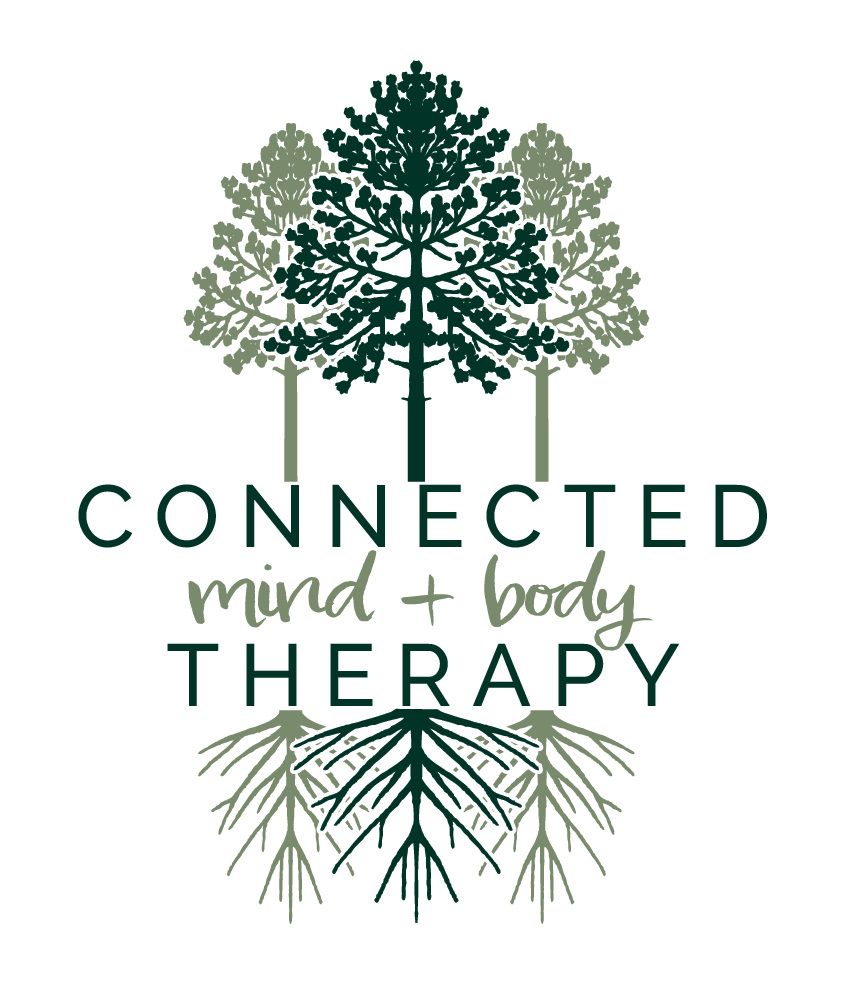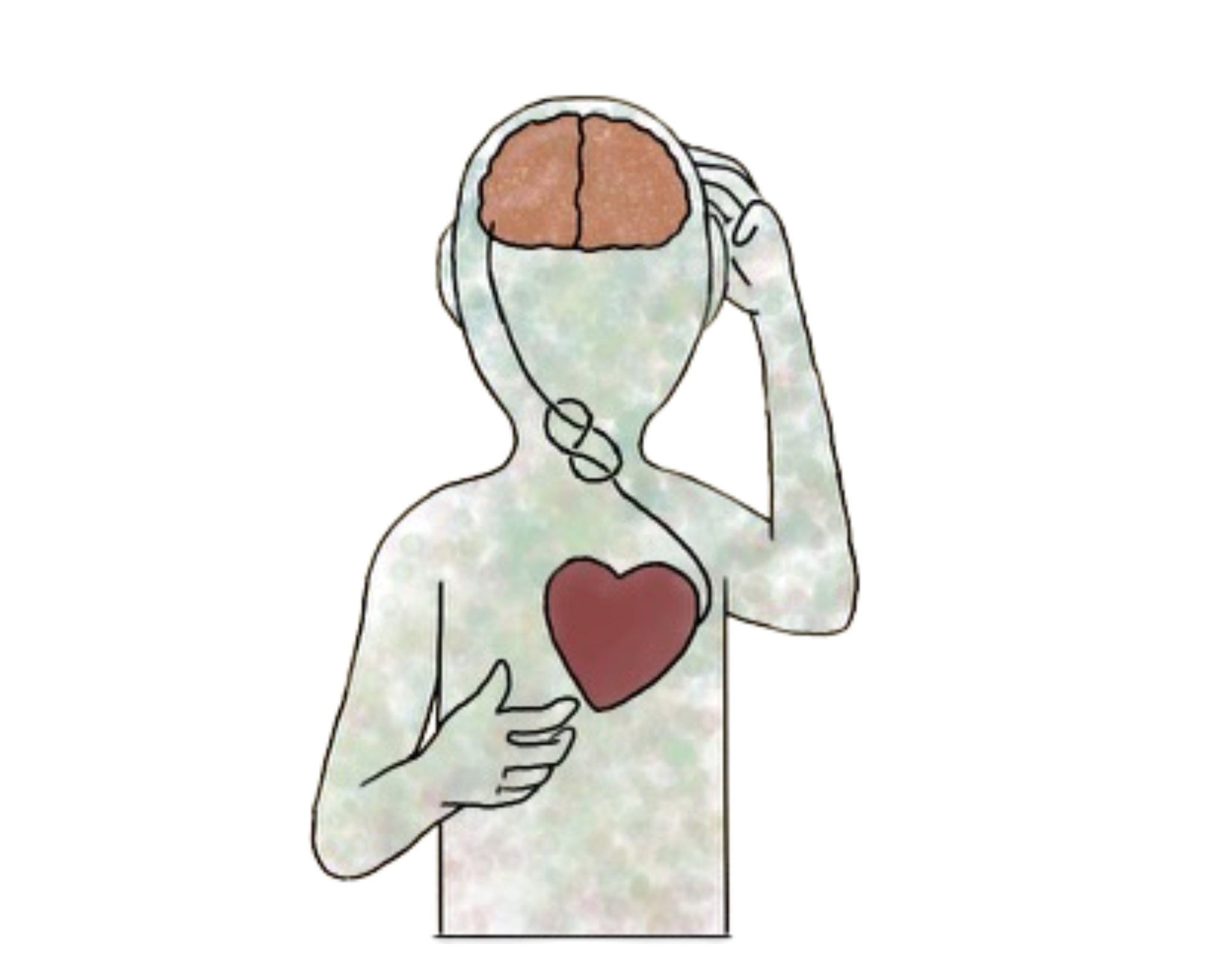EMDR
Memories are not just stored as thoughts and cognitions, but also as beliefs, emotions and body sensations. When you experience something familiar or recall a traumatic or upsetting memory, it can feel like it is still happening. This is where EMDR tends to the mind and body connection.
How do I know EMDR is a fit for me?
Talk therapy in the past has been ineffective.
Your mind believes one thing and your body feels another.
Memories feel “hot” or you are “stuck.”
You find yourself repeating patterns or responses in your relationships that are not leading to the connection you desire.
Negative beliefs about yourself, others and the world. “I am not enough.” “I am not safe.” “I am a failure.” “I am bad.”
You yearn for relationships that have “ease.”
“From the client’s perspective, the goal of treatment is often solely the relief from debilitating symptoms. For the practicing clinician who is well-versed in EMDR, however, the ultimate aim is to enhance the client’s ability to love both self and others and to engender a new joy in living, in addition to banishing overt suffering.”
— Francine Shapiro
Is EMDR right for you?
I offer twenty-minute free consultations to ensure that this is a safe, healthy space for you to heal.

